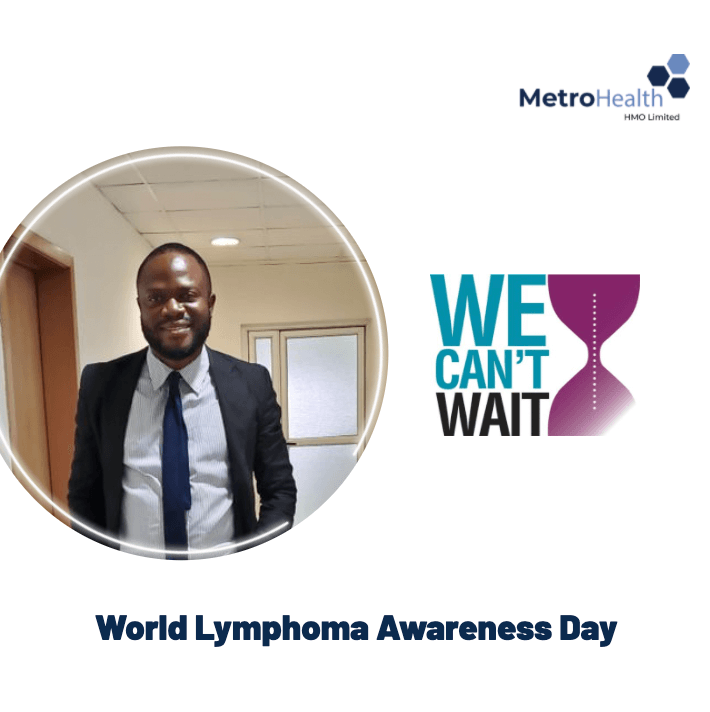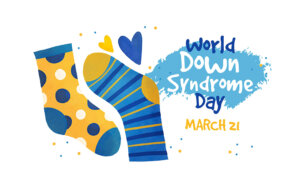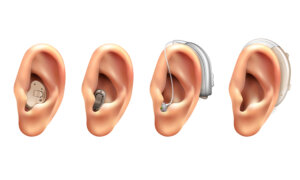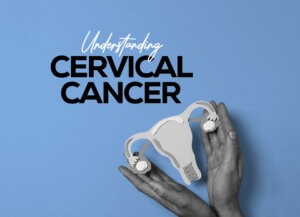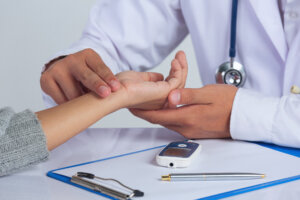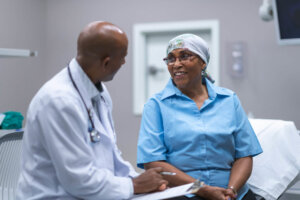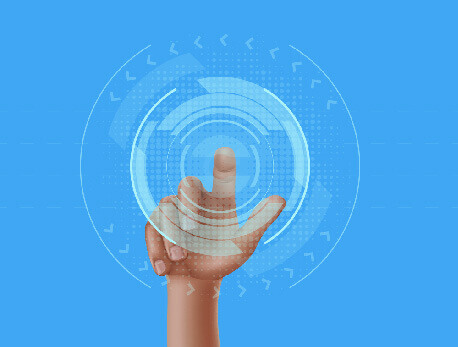World Lymphoma Awareness Day (WLAD) is held on September 15 every year and is a day dedicated to raising awareness of lymphoma, an increasingly common form of cancer. It is a global initiative hosted by the Lymphoma Coalition (LC), a non-profit network organisation of 83 lymphoma patient groups from 52 countries around the world. WLAD was initiated in 2004 to raise public awareness of both Hodgkin and non-Hodgkin lymphoma in terms of symptom recognition, early diagnosis, and treatment.
The 2021 WLAD campaign is ‘We Can’t Wait’, emphasis was made on the following:
- We can’t wait to take care of our own health: If you notice signs or symptoms of lymphoma, do not delay, seek professional help.
- We can’t wait to diagnose and treat lymphomas: Decisions were made to support healthcare systems that affected patients, but the time has come to resume standard treatment practices safely.
- We can’t wait to support people living with lymphomas: If you can, please volunteer or support patients with lymphoma.
Lymphoma is a group of blood malignancies (cancer) that develops from lymphocytes (a type of white blood cell), that affects the lymphatic system – a network of nodes (knots of tissue) connected by vessels. The lymphatic system includes lymph nodes, spleen, bone marrow, thymus glands. Together, the lymph nodes drain fluid and waste products from the body. The lymph nodes act as tiny filters, removing foreign organisms and cells.
Lymphoma is increasing in incidence and is a potentially life-threatening disease. One million people worldwide live with lymphoma and nearly 1,000 people are diagnosed with the disease every day. It can occur at any age, but it is one of the most common causes of cancer in children and young adults. It is often treatable.
Lymphomas usually develop when the lymph node cells or lymphocytes change (mutation) causing the abnormal cells to multiply uncontrollably, producing cancerous cells that have the abnormal capacity to invade other tissues throughout the body.
TYPES
The two main types are:
- Non-Hodgkin Lymphoma
- Hodgkin Lymphoma
RISK FACTORS
- Age: Some types of lymphoma are common in young adults, while others are often diagnosed in people over 55 years of age.
- Gender: Males are slightly more likely to develop lymphoma than are females.
- Compromised immune system.
- Exposure to certain chemicals/drugs/ultraviolet light.
- Alcohol and tobacco intake
SIGNS AND SYMPTOMS
Symptoms are not specific to lymphoma and are, in fact, like those of many other illnesses. Common symptoms include:
- Unexplained weight loss
- Chills
- Swelling of lymph nodes, which may or may not be painless
- Fever
- Sweating (often at night)
- Lack of energy
- Itching
TREATMENT
- Chemotherapy: which uses drugs to kill cancer cells
- Radiation therapy: which uses high-energy rays to destroy cancer cells
- Immunotherapy: which uses your body’s immune system to attack cancer cells
- Targeted therapy that targets aspects of lymphoma cells to curb their growth
- Bone marrow transplant: This is also known as Stem cell transplant; is used when other forms of treatment fail, it uses high doses of chemotherapy and radiation to suppress the bone marrow. Then healthy bone marrow stem cells from the body or from a donor are infused into the blood where they travel to the bones and rebuild bone marrow.
CONCLUSION
The prognoses and treatment depend on the type of lymphoma and the tumor grade. There is an overall 5-years relative survival rate for people with Non-Hodgkin Lymphoma and it is important to note that survival rates can vary widely for different types and stages of lymphoma.

